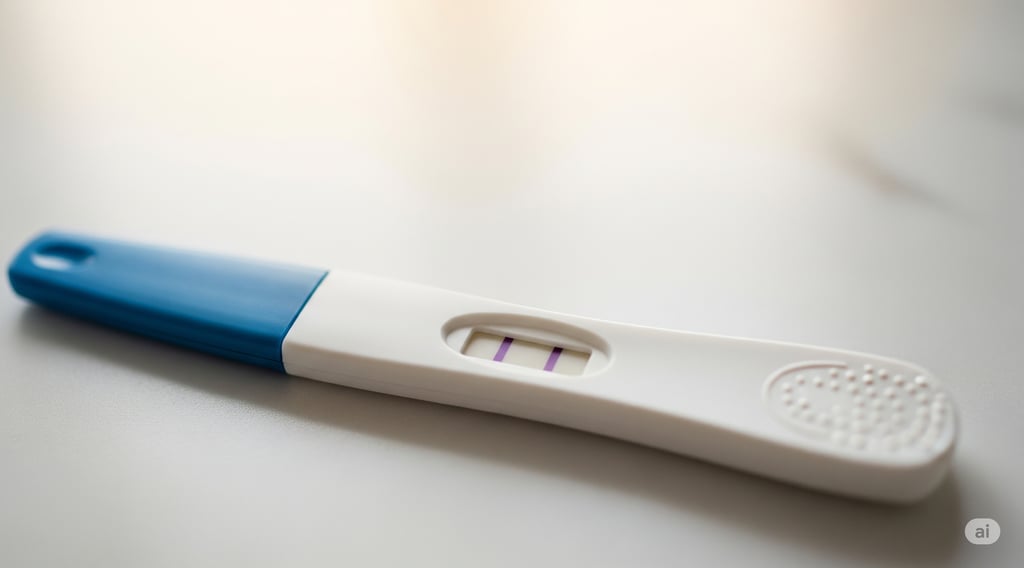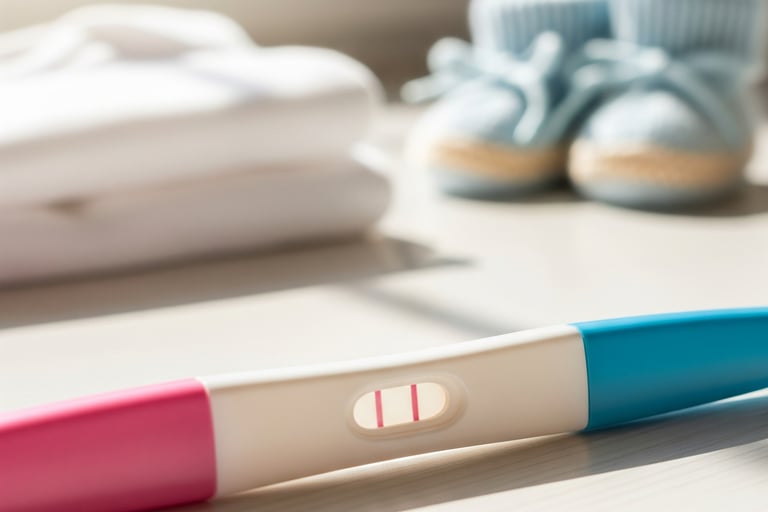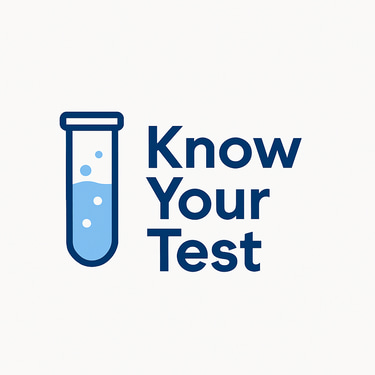Pregnancy Test – Everything You Need to Know
Discover the basics of pregnancy test, including how urine and blood tests work, when to take them, and what results mean. This article also guides you on where and how to get tested — without needing a doctor’s visit or insurance.
PREGNANCY TESTING


Pregnancy Testing – Everything You Need to Know
Introduction
If you think you might be pregnant, you’re not alone in searching for answers. Each year, millions of people in the United States take a pregnancy test to find clarity, whether they’re trying to conceive or concerned about an unexpected pregnancy. Knowing how pregnancy testing works, which test is right for you, and where to get tested—especially without a doctor’s appointment or insurance—can help you make confident decisions about your health.
This guide explains what pregnancy tests detect, the different types of tests available, and how you can get tested quickly and privately through a certified lab near you.
What Is Pregnancy Testing?
Pregnancy testing detects the presence of human chorionic gonadotropin (hCG), a hormone that appears in the body shortly after a fertilized egg attaches to the uterine lining. This usually happens about 6 to 12 days after conception.
Your body begins producing hCG early in pregnancy, and levels rise quickly. Pregnancy tests work by identifying this hormone in either urine or blood.
Types of Pregnancy Tests
There are two main types of pregnancy tests:
1. Urine Pregnancy Tests
These are the most common and often used at home.
They are also available at clinics or labs for more accurate analysis.
Results are usually ready within minutes to hours.
Ideal for initial screening.
2. Blood Pregnancy Tests
Performed at a medical lab using a blood sample.
More sensitive and can detect pregnancy earlier than urine tests.
Two types:
Qualitative hCG Test: Simply checks if hCG is present.
Quantitative hCG Test (Beta hCG): Measures the exact amount of hCG, helpful in monitoring early pregnancy progression or potential complications.
When Should You Take a Pregnancy Test?
The best time to take a pregnancy test depends on the type:
Urine Tests are most accurate 1 week after a missed period, though some may detect pregnancy earlier.
Blood Tests can detect pregnancy as early as 6–8 days after ovulation, offering faster confirmation.
Regardless of which test you choose, timing is key. Testing too early may result in a false negative.
How Accurate Are Pregnancy Tests?
Urine Tests: Up to 99% accurate when taken at the right time and following instructions.
Blood Tests: Over 99% accurate and more sensitive to low levels of hCG.
However, accuracy also depends on proper usage, the sensitivity of the test, and how soon after conception the test is taken.
Where Can You Get a Pregnancy Test?
Besides over-the-counter options at pharmacies, you can:
Visit a clinic or doctor’s office
Use an independent certified lab, often without needing a doctor’s order or insurance
Some people prefer lab-based testing because it offers more privacy, higher accuracy, and professional oversight.
Pregnancy Testing Without a Doctor
If you prefer a lab-quality pregnancy test without scheduling a doctor’s appointment or using insurance, direct-access lab services in the U.S., such as HealthLabs, make the process simple. You can purchase the test online, choose a nearby certified lab, provide your sample, and receive your results confidentially—often within just a couple of business days.
This option can save time, offer privacy, and provide clarity when it matters most.
Conclusion
Pregnancy testing is an important tool for getting accurate answers when you need them. Knowing the different types of tests, how they work, and when to take them can help you make informed choices about your health. In the U.S., services like HealthLabs offer a convenient way to access reliable testing without extra steps, ensuring you can get the information you need quickly and privately.
Disclaimer
This content is for informational purposes only and does not replace medical guidance. If you have questions or symptoms, please seek advice from a qualified healthcare professional.
References
American Pregnancy Association. (2023). Pregnancy Tests – Types, Accuracy and Timing. https://americanpregnancy.org/getting-pregnant/pregnancy-tests/
National Library of Medicine. Pregnancy Test: MedlinePlus Medical Test


Insights
Understanding lab tests for better health decisions.
Support
© 2025. All rights reserved.
